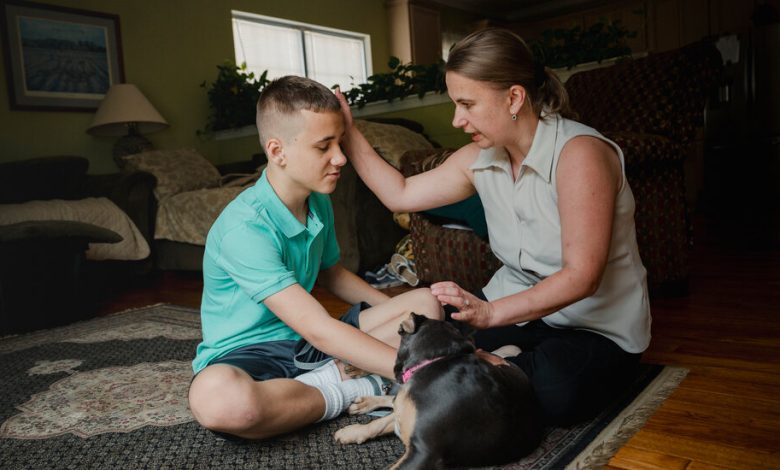Promised Cures, Tainted Cells: How Cord Blood Banks Mislead Parents

Millions of pregnant women get the pitch through their OB-GYN: Put a bit of your newborn’s umbilical cord on ice, as a biological insurance policy. If your child one day faces cancer, diabetes or even autism, the precious stem cells in the cord blood could become a tailor-made cure.
Many families are happy to pay for the assurance of a healthy future. More than two million umbilical cord samples sit in a handful of suburban warehouses across the country. It’s a lucrative business, with companies charging several thousand dollars upfront plus hundreds more every year thereafter. The industry has grown rapidly, bolstered by investments from medical device companies, hospital partnerships and endorsements from celebrities like Drew Barrymore and Chrissy Teigen.
But the leading banks have consistently misled customers and doctors about the technology’s promise, an investigation by The New York Times found. Doctors rarely use cord blood anymore, thanks to advances that have made it easier to transplant adult stem cells. And the few parents who try to withdraw cord blood samples often find that they are unusable — either because their volume is too low or they have been contaminated with microbes.
When the first cord blood banks opened three decades ago, doctors were optimistic about turning the stem cells, otherwise discarded as medical waste, into a powerful new treatment for patients with leukemia and other blood disorders. Private banks promised peace of mind for anxious parents-to-be, knowing the cells would be ready and waiting if their child ever got sick.
That potential has not materialized. Just 19 stem-cell transplants using a child’s own cord blood have been reported since 2010, according to the Center for International Blood and Marrow Transplant Research. Newer research has led many doctors to abandon cord blood in favor of adult stem cells.
Yet private banks trumpet the cells’ lifesaving possibilities, and legions of their sales representatives peddle cord blood as if it were at the medical vanguard. They woo customers in hospital pregnancy classes and offer obstetricians free lunches, gift cards and payments of up to $700 for each sample.